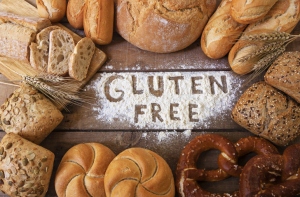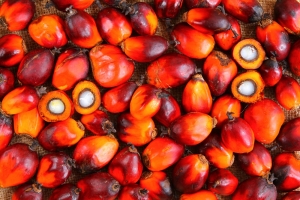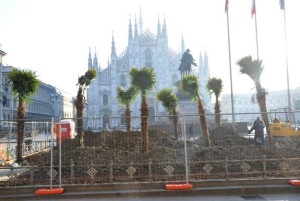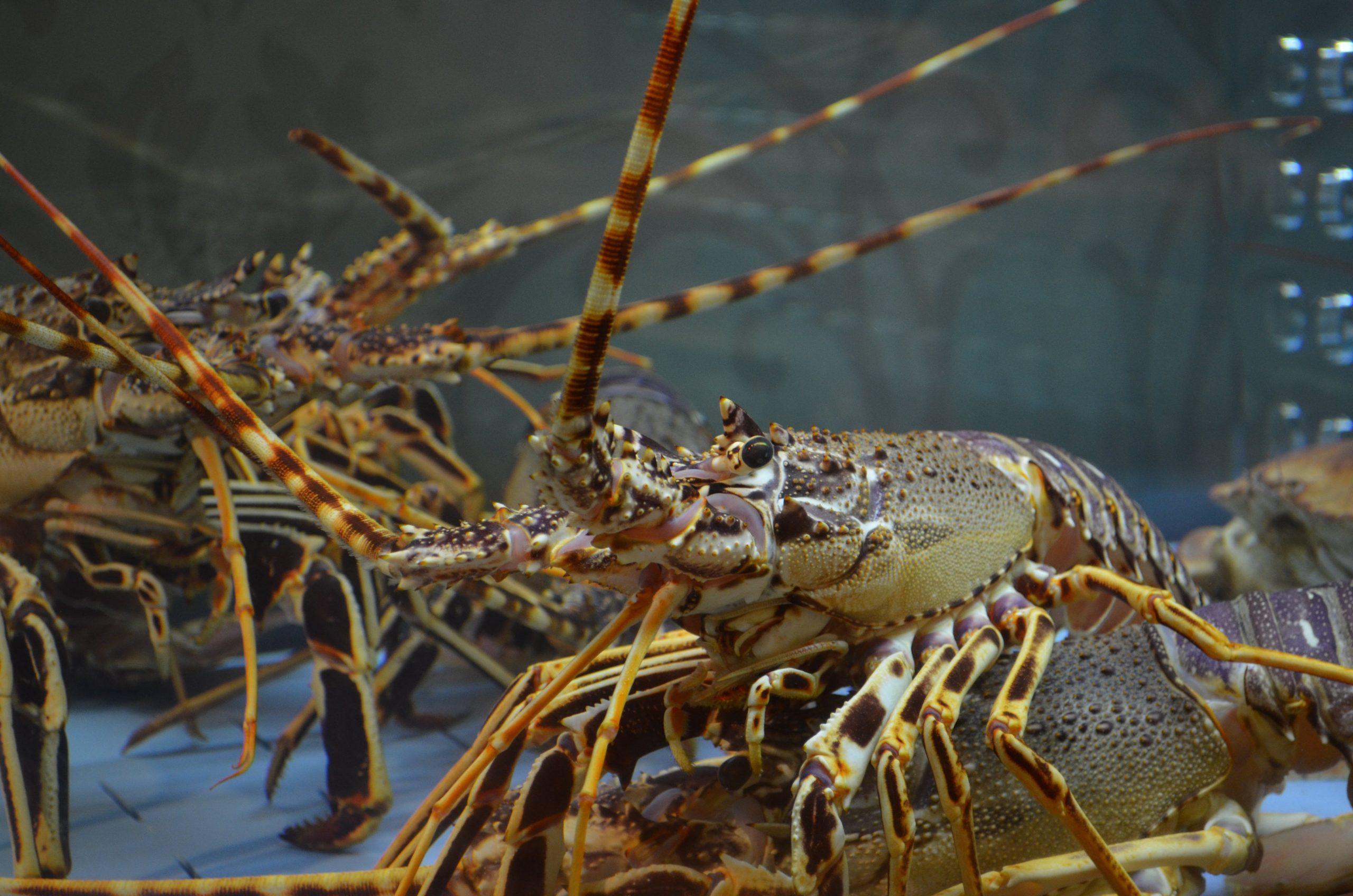Every ancient ritual, world wide, included (or still does) animal sacrifices, with the purpose to appease gods or to calm them dow, for any reason. That went for monotheism and polytheism. Jewish people, on kippur (day of penance), offered a goat, so, by extension, the word scapegoat is used for entire ethnic, political, religious, gender categories, catalyst of every misfortune of the planet Earth.
Century after century, it has always been someone else’s fault: christians, muslims, jews, witches (women), gipsies, anarchists, homosexuals, bankers (not different from saying jews, for someone), doctors, workers, journalists, sharing economy (Airbnb or Uber), computers, internet itself. Of course, now the greatest scapegoat is represented by immigrants, with theories that try to explain in a scientific way why they threaten our society. Politics isn’t immune either, with a generalization that implies that Putin and Sanders, Trump and Mujica, Bhutto and Le Pen are the same just for practising the same job.

But not only people, or direct productions of humanity such as machines, have the privilege of being labeled as scapegoat. It happens to plants, substances, animals (this time as food, not as living beings). Gluten must be avoided like a demon. Coeliacs and intolerants multiplied, but the others have no real problem with eating gluten itself. The problem is how a food that contains it is processed.
Carbs are and were fundamental in every diet, bread has been a basic food all over the world. Norelle Reilly, pediatric gastroenterologist and MD at Columbia University, published on the Journal of Pediatrics a study according which products without gluten are even worse, because have more sugar and fats. Plus, the reduction of variety of food exposes to toxins like arsenic and mercury.
World Health Organization (WHO) warned about red meat consumption and it was panic. Of course eating every day processed meat can’t be good, and we have to consider sustainability. Many cultivations, like soy, are intended to feed the same animals that will end in supermarkets and our tables and that causes deforestation or impoverishment of the land.

But according a study published by many experts on Elementa, veganism won’t save the planet. This diet feeds a smaller number than vegetarianism or a nutrition with a very low consumption of meat. An average american consumer needs a hectar of terrain a year, a vegetarian regime needs only 0,2 hectars. But not every land is alike, each has a specific characteristic that makes it appropriate for a different purpose. Some are active all year long, other are for pasture, other for wheat and hay, which feeds bovines and other cattle. So, veganism wouldn’t optimize all the resources.
Another “fashion” scapegoat is palm oil. It’s unhealthy and unethical. But health organizations says that palm oil has no toxic substances itself. It just has a higher concentration of saturated fat than other oils. The problem is that palm oil is used massively in snacks for kids. For an adult, risks are the very same of the abuse of olive oil : cardiovascular problems, arteriosclerosis, stroke. The other issue environmental. Some areas of Indonesia and Malaysia are facing a strong deforestation that is harming the habitat of the orang-utan and other species.

Intensive farming of any product is damaging, also cereals and coffee, not only palm oil. It’s the cultivation method, not the plant, that makes the difference. Monoculture undermines biodiversity – thousands of years ago humans understood the importance of rotation. FAO exposed the precariousness of the production of cereals, which give the main contribution to the world food requirements, due to the exhaustion of underground aquifers and pollution. All this has a domino effect on the other species directly connected.
The award of best vegetal scapegoat goes to… the palms planted in piazza del Duomo in Milan in february 2017. This unaware trees drawned the frustration of those that considered the promotional campaing of Starbucks – that referred to a tradition of XIX century – another attempt of… africanization, of systematic invasion!
Worse than immigrants there are only immigrant palms (and they don’t even produce oil).


































